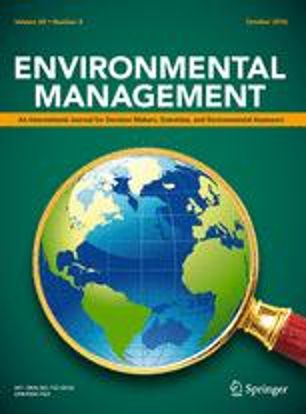Key messages
- Climate finance mechanisms (CFMs) can either help or hinder women and the poor from adapting to and mitigating climate change.
- CFMs in Indonesia are attentive to poverty alleviation, but gender equality has not received commensurate attention. Systems for monitoring, evaluating and learning from gender and poverty outcomes are weak or nonexistent. Few feedback mechanisms channels.
- Indonesia’s national level policies support gender equality, but people implementing them in CFMs do not have a common understanding of what it is and why it matters.
- Performance-based budgeting (PBB) can help advance gender equality and poverty reduction if government ministries and agencies agree on the importance of gender equality, acknowledge the vital role of women and the poor, and learn from experiences.
- We recommend improvements in the way CFMs are conceptualized and designed, and funds are allocated and used. Monitoring, evaluation and learning systems need to focus on impact, give voice for women and the poor, and enable improvements with time.
Download:
DOI:
https://doi.org/10.17528/cifor/007871Altmetric score:
Dimensions Citation Count:
Publication year
2020
Authors
Atmadja, S.; Lestari, H.; Djoudi, H.; Liswanti, N.; Tamara, A.
Language
English
Keywords
climate change, gender, finance, mitigation, livelihoods, household income
Geographic
Indonesia
























